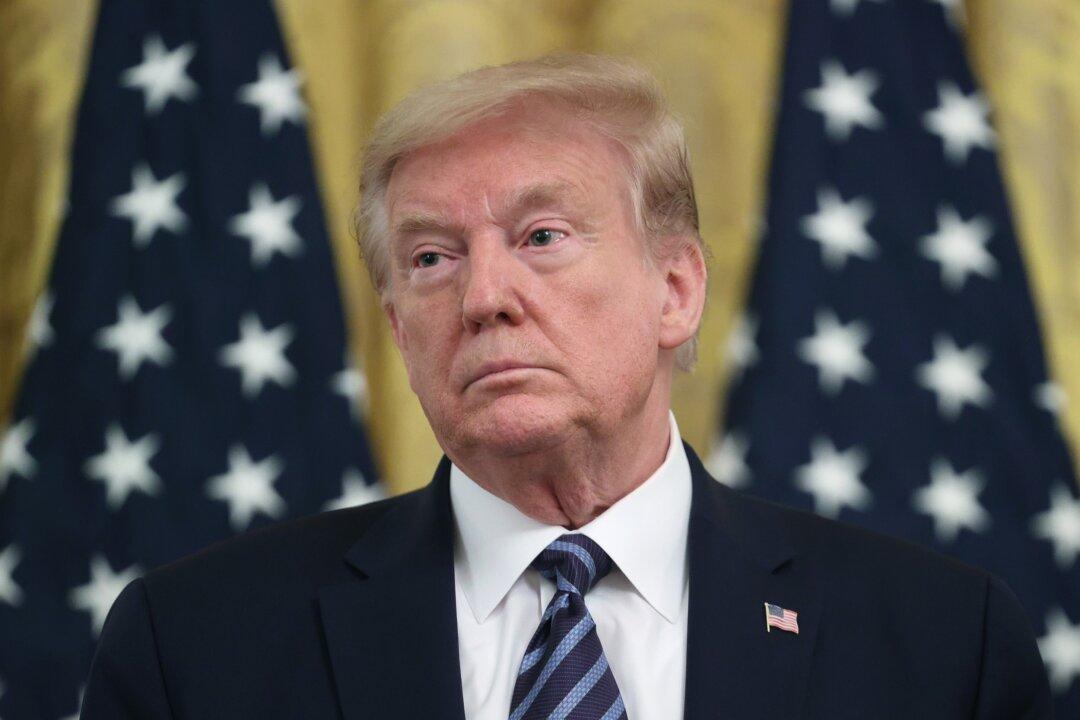President Donald Trump on Wednesday afternoon vetoed a resolution that would curb his administration’s war powers after the White House earlier this year authorized an airstrike that killed a top Iranian commander, Qassem Soleimani.
The Senate first passed the resolution in February before the bill was taken up by the House and was passed. In the Senate, eight Republican senators joined Democrats in passing the measure: Mike Lee (R-Utah), Lamar Alexander (R-Tenn.), Bill Cassidy (R-La.), Jerry Moran (R-Kan.), Lisa Murkowski (R-Alaska), Todd Young (R-Ind.), Rand Paul (R-Ky.) and Susan Collins (R-Maine).





